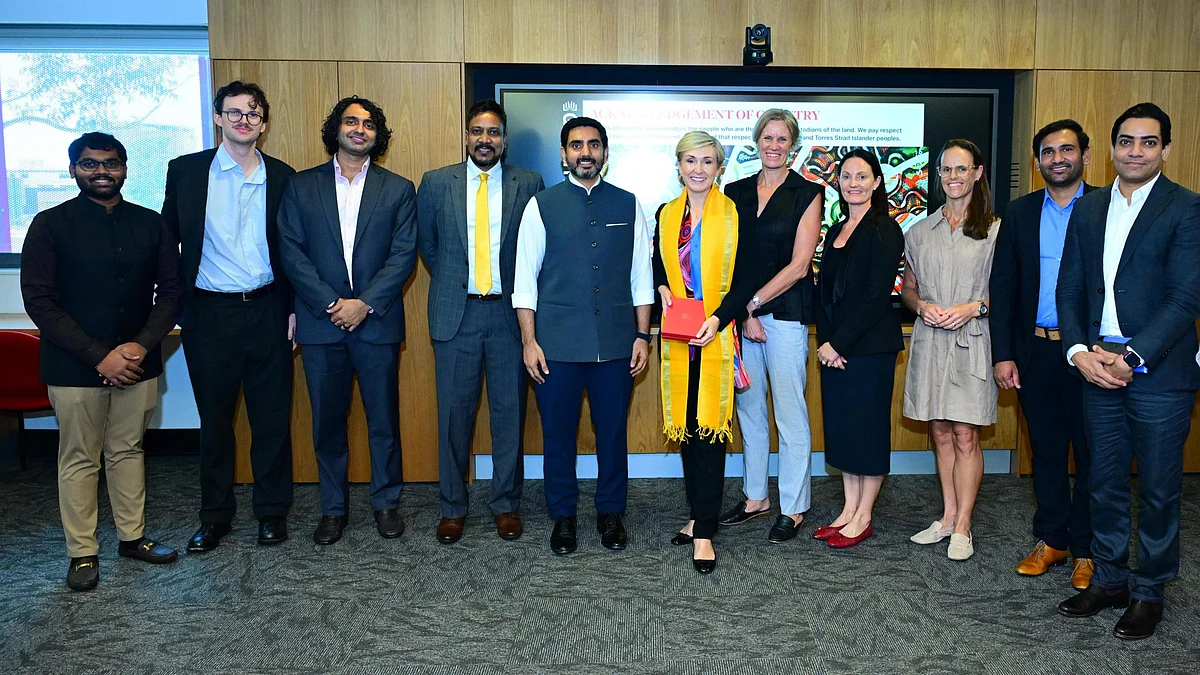Copyright Inc. Magazine

Nearly a million pregnancies end in miscarriage in the U.S. every year. And yet, most companies offer no bereavement leave for this kind of loss. Millions of individuals and families face this grief with no formal acknowledgment from their employers. As a father, I know the depth of love and responsibility parents feel from the very beginning. And throughout my career, I’ve seen colleagues, employees, and friends struggle in silence after pregnancy and infant loss. These experiences shouldn’t be met with silence. They should be met with care. Over the past few years, we’ve seen growing awareness among employers that loss takes many forms, and that traditional bereavement policies often don’t reflect that reality. Historically, bereavement policies were designed to allow employees to make funeral arrangements. Today, more leaders are recognizing that grief is not only a logistical issue, and that employees need time and support to process profound loss. Support For pregnancy loss Featured Video An Inc.com Featured Presentation Yet one area remains largely unaddressed: pregnancy loss. For many families, miscarriage or stillbirth brings deep grief that is rarely acknowledged in the workplace. SHRM’s 2024 Employee Benefits Survey found that while 91 percent of employers offer some form of paid bereavement leave, only 39 percent of those include coverage of pregnancy loss, failed surrogacy, or failed adoption. Without recognition or support, the grief from these events often leads to isolation, disengagement, and even attrition. Today, very few states mandate pregnancy-loss bereavement leave. Among them are California and Illinois, which have recently amended their laws to explicitly include miscarriages and other reproductive losses. But in most states, this kind of leave remains voluntary. For Hope, a 37-year-old benefits analyst, pregnancy loss was both physically grueling and emotionally isolating. “When I miscarried while on vacation, I felt terrified and alone,” she shared with us. “Having someone compassionate to talk to made all the difference.” Later, after experiencing a second loss, she reflected on how little acknowledgment many parents receive at work. “Pregnancy loss is a unique kind of grief,” she explained. “I felt bonded with my babies even before the world recognized them, and when that bond was suddenly broken, it left me feeling alone.” Now, she shares her story to help others feel seen. “I’m proud to speak openly because miscarriage is too often silenced,” she said. “By talking about it, I hope to make it easier for other parents to find support.” Stories like Hope’s remind us that grief doesn’t fit neatly into policy categories, and that true workplace care means recognizing the many forms loss can take. Pregnancy loss in the workplace Jessica Zucker, PhD, a psychologist internationally recognized for her pioneering work in reproductive mental health and founder of the #IHadaMiscarriage campaign, has long advocated for greater acknowledgment of pregnancy loss in professional settings. In her work with us, she shared: “Support for this ubiquitous experience is not optional: When workplaces fail to respond, people leave jobs, cultures weaken, and silence, stigma, and shame persist. But when employers acknowledge grief and provide evidence-based resources, they build trust and resilience across the entire organization.” When companies acknowledge pregnancy loss as a legitimate reason for leave, they’re not just checking a box; they’re reinforcing a culture of compassion and trust. Research from The Grief Tax 2025 report shows that nearly 80 percent of bereaved employees considered quitting and over 75 percent feared losing their job after a loss, with work-related impacts lasting an average of 16 months—evidence that meaningful support can make a lasting difference. Meanwhile, a McKinsey & Company analysis estimates that unresolved grief costs U.S. businesses more than $75 billion each year in lost productivity. Expand employer support Some forward-thinking organizations have already begun expanding their policies to reflect this reality. They’re increasing bereavement days, broadening eligibility to include chosen family, and explicitly covering pregnancy and infant loss. It’s a quiet but profound shift in how we define care at work. At Empathy, we’ve seen this shift firsthand. Our platform was built to help families navigate loss with compassion and clarity, addressing both the emotional and practical burdens that accompany it. And this past month, we expanded our loss support offering to include dedicated pregnancy loss support, ensuring that parents facing reproductive loss have access to expert guidance and care tailored to their experience. My hope is that through Empathy’s loss support and similar offerings, and the efforts of advocates like Jessica Zucker to destigmatize this issue, we will see more people moving forward after these types of losses, with their employers’ support. October is Pregnancy and Infant Loss Awareness Month and it’s timely to think about expanding bereavement, not just for just policy reform. But because it’s a chance to show employees they matter when it matters most. For families, it offers validation. For companies, it builds cultures of resilience. For all of us, it is simply the right thing to do.



